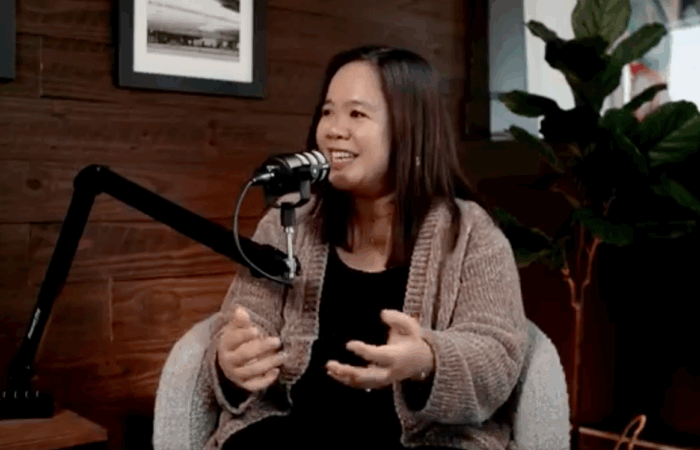A judge ruled that Harvey Weinstein can be sued for violating federal sex-trafficking law. A young actress claims he coerced her to engage in sex acts with him in exchange for a false promise of a movie role.
The judge said this case could fall under the sex-trafficking law, which makes it a crime to entice and force a person to commit a “commercial sex act” in return for something of value.
“For an aspiring actress, meeting a world-renowned film producer carries value, in and of itself,” the judge wrote. “The opportunity, moreover, for the actress to sit down with that producer in a private meeting to review her film reel and discuss a promised film role carries value that is career-making and life-changing. The contention, therefore, that Noble was given nothing of value — that the expectation of a film role, of a modeling meeting, of ‘his people’ being ‘in touch with her’ had no value — does not reflect modern reality.”
What do you see, when you imagine those that are victimized by sex trafficking? Someone walking down a red carpet in Hollywood may not be your first guess.
At Elijah Rising, we are committed to educating the public on how vast the reach of sex trafficking is. Sex trafficking does not just happen to women the way it’s portrayed in movies or awareness campaigns. Sex trafficking exploits vulnerability through force, fraud, or coercion. It exploits ANY vulnerability.
Back in 2005 Courtney Love warned us about the actions of Harvey Weinstein towards young hopeful Actresses.
Although I wasn’t one of his victims, I was eternally banned by CAA for speaking out against #HarveyWeinstein #rape https://t.co/8giwNkrC5t
— Courtney Love Cobain (@Courtney) October 14, 2017
This shift in the #MeToo movement is exposing a reality in Hollywood, but we hope that society can see the bigger picture. Anywhere we tolerate those who believe they can use power (of any kind) to exploit the body of another; sex trafficking can happen.




